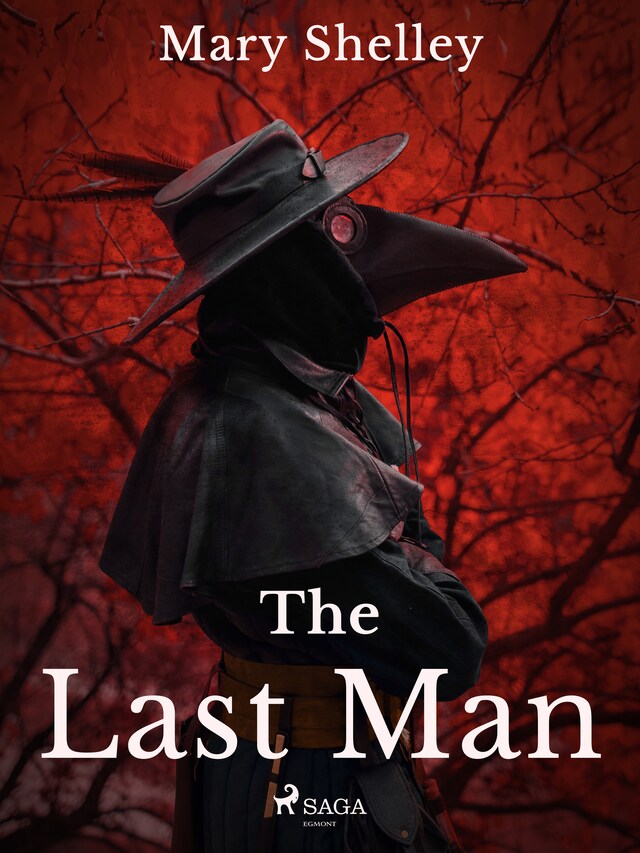
The Last Man
Tietoa kirjasta
Mary Shelley was ahead of her time - arguably by 200 years.
For when her novel 'The Last Man' was published in 1826 with a plot featuring a deadly global pandemic, the public was not impressed.
In modern days, it looks far more current.
Her first novel since 'Frankenstein', 'The Last Man' is set in the late 21st century as humankind is virtually wiped out by a global pandemic.
There are no zombies, but fans of 'The Walking Dead' will appreciate the apocalyptic theme and the way Shelley follows the fortunes of a small group of survivors as they unravel emotionally.
They include characters inspired by two men she was mourning: her husband and famous poet Percy Bysshe Shelley and the poet Lord Byron.
Can they survive? Or is the human race going the way of the dinosaurs?
Mary Shelley (1797–1851) earned her place in the pantheon of British novelists with her ground-breaking Gothic novel ‘Frankenstein’ (1818). Considered one of the first true works of science-fiction, the book became an instant bestseller. But she was far from a one-hit-wonder, producing a host of other novels, including 'Valperga', 'Perkin Warbeck' and 'The Last Man'. Most were not well received in her lifetime, though, only being fully appreciated from the 1960s.
She moved in a circle of famed 19th-century writers and philosophers. She was married to the poet Percy Bysshe Shelley and spent time with Lord Byron. Her mother was the philosopher and feminist activist Mary Wollstonecraft and her father was the political philosopher William Godwin.
Mary Shelley’s work has been adapted for TV, stage and film on many occasions, with Boris Karloff famously playing Frankenstein’s monster on screen in 1933. Other adaptations include ‘Mary Shelley's Frankenstein’ (1994) starring Kenneth Branagh and Robert De Niro and ‘Viktor Frankenstein’ (2015) starring Daniel Radcliffe and James McAvoy. Most recently, Elle Fanning portrayed Mary in Haifaa Al-Mansour’s film ‘Mary Shelley’ from 2017.
 Mary Shelley
Mary Shelley 589 Sivua
589 SivuaMuoto:
Kielet:
englanti